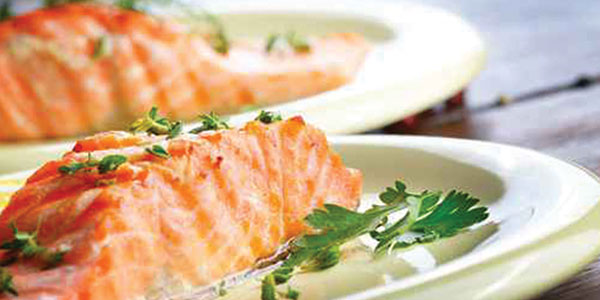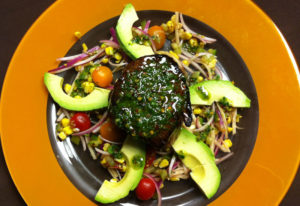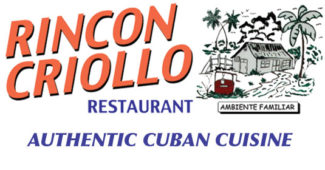 |
 Bill Lauto is an Environmental Scientist and Energy Consultant who has been teaching how we can save our money, energy, environment, and health, since 1982. Mr. Lauto operates GoingTrueGreen.com and his work has been published in magazines such as: Consumer Report, Kiplinger's Financial and Business Ethics. |
|
U.S. farm raised fish are from irrigation ditches, ponds, pens, netted areas and tanks. These fish do not live in a natural habitat and due to the public's increase demand for seafood, Farm-raised fish was first believed to be the answer. However, rules for this label are mostly non-existent. Pens can be over-crowded and the prevailing question is how often are the pens cleaned out or how often is the fish feces cleaned out? Yes, a netted area opened to the ocean will offer better circulation of water and flush the area clean, but how can the consumer know if the fish they are buying had those living features? The Farm-raised label doesn't tell us any of these details. Many consumers now look to buy only Wild Caught labeled fish because they are considered healthier for several reasons: Wild-caught fish have a more balanced diet, have less fats, they are more nutritious. They also have more protein and live longer compared to Farm-raised fish according to the Food and Drug Administration (FDA). One contributing factor for why Wild-caught fish live longer may be due to these fish not swimming in their own fecal matter nor eating it! When shopping for fish with the highest outlook for sustainability, we should look for another label: The Marine Stewardship Council (MSC) label, is an independent non-profit which sets a standard for sustainable fishing and uses independent, third party verification that your seafood product comes from a sustainable fishery. When in a restaurant or fish store, ask: How was the fish caught? From what waters did the fish come from? If Farm-raised fish, ask how was the fish raised? What was the diet and were the facilities sanitized? If the fish store owner or the chef have any pride in what they are serving, they will know the answers to these questions! So we have the over-fishing of our ocean and we are without guidelines and detailed labels that state all the facts. We also have corrupt fish retailers marking Farm-raised fish as Wild Caught. Consumer Reports in 2006 stated that almost 50% of Wild-caught salmon bought in supermarkets were actually Farm-raised. No matter what you decide, like it or not, we as consumers must strive to be informed. |
|











 20 lucky winners will win $500 each in prizes totaling $10,000.
20 lucky winners will win $500 each in prizes totaling $10,000. 